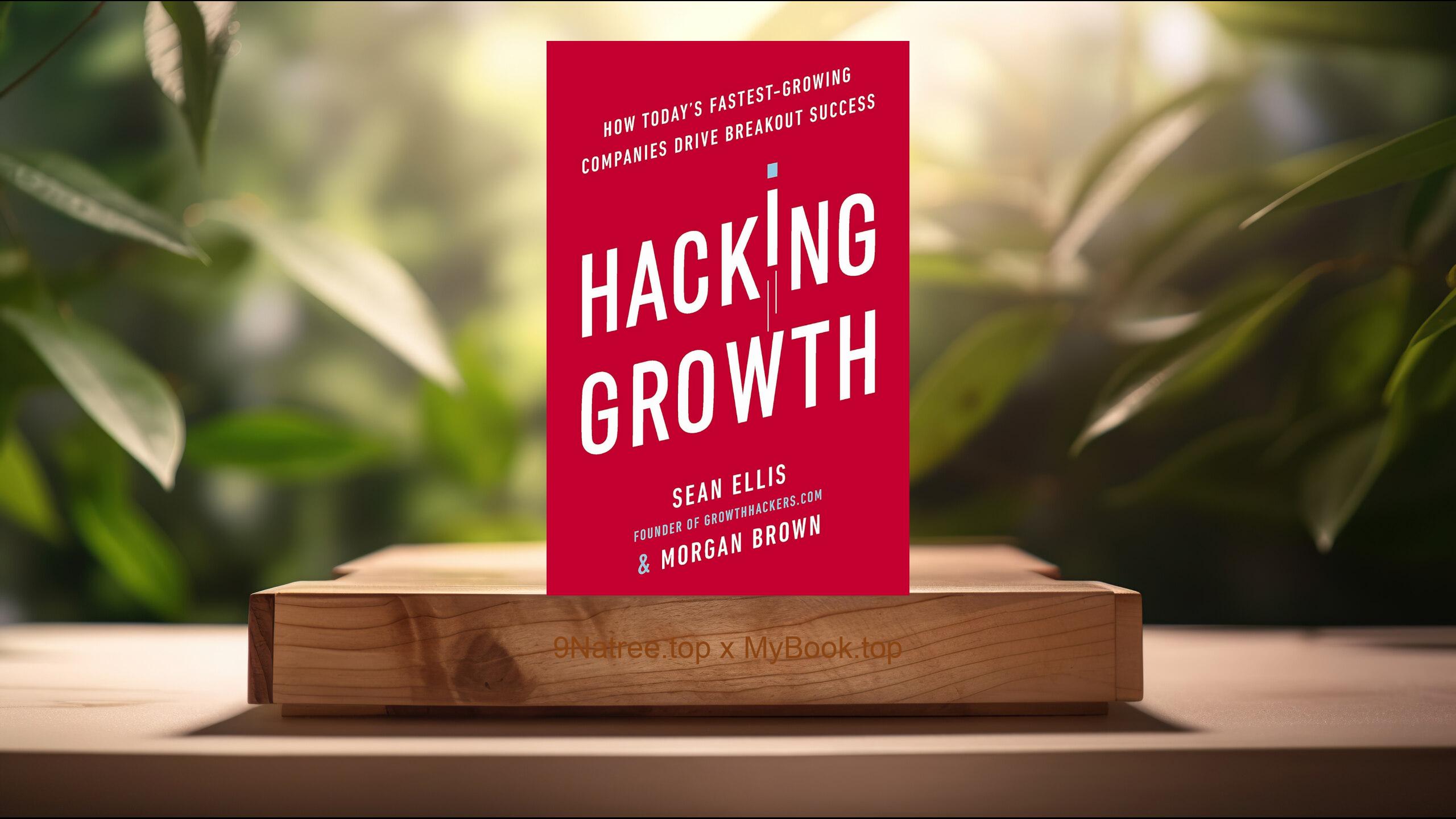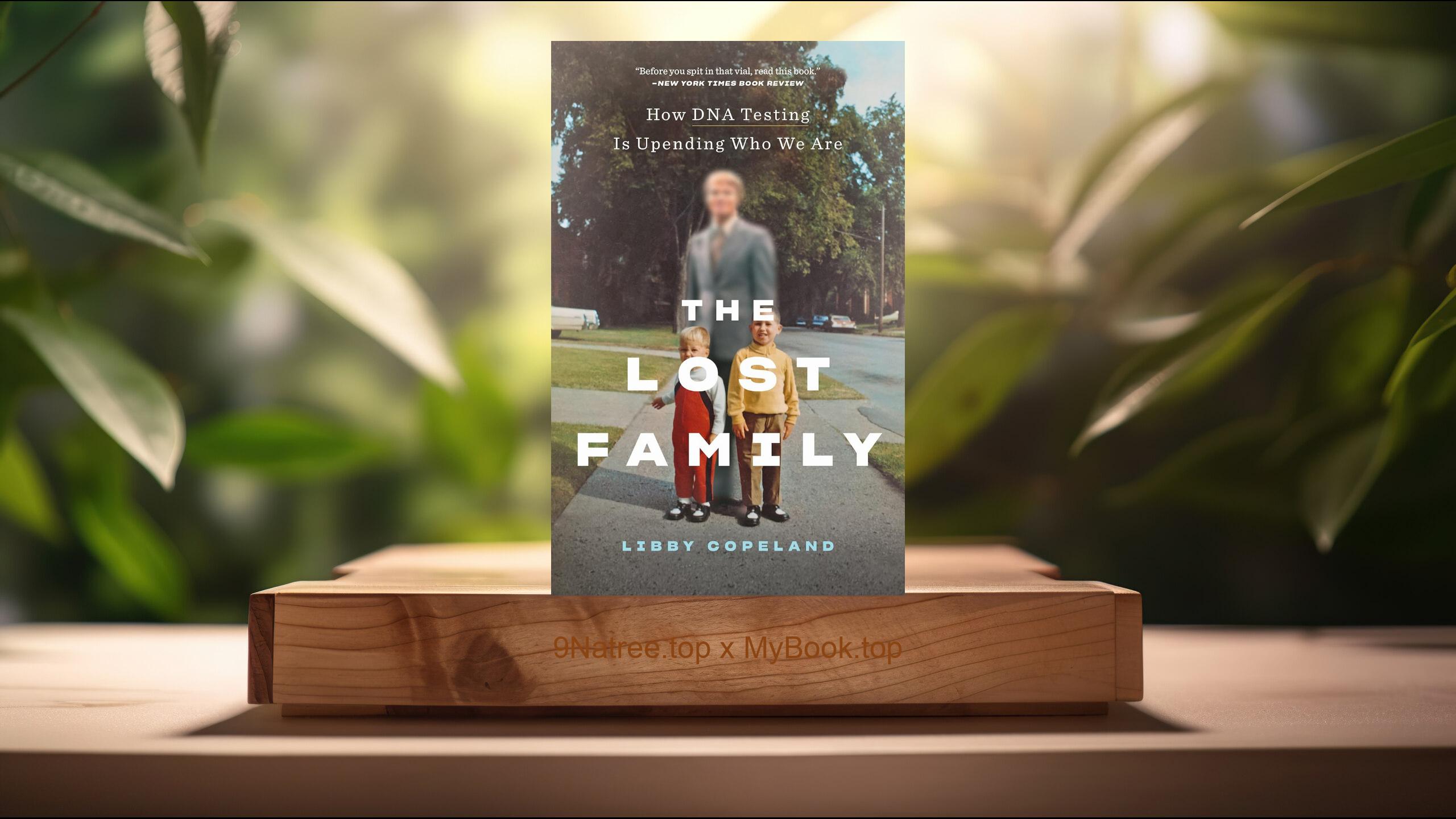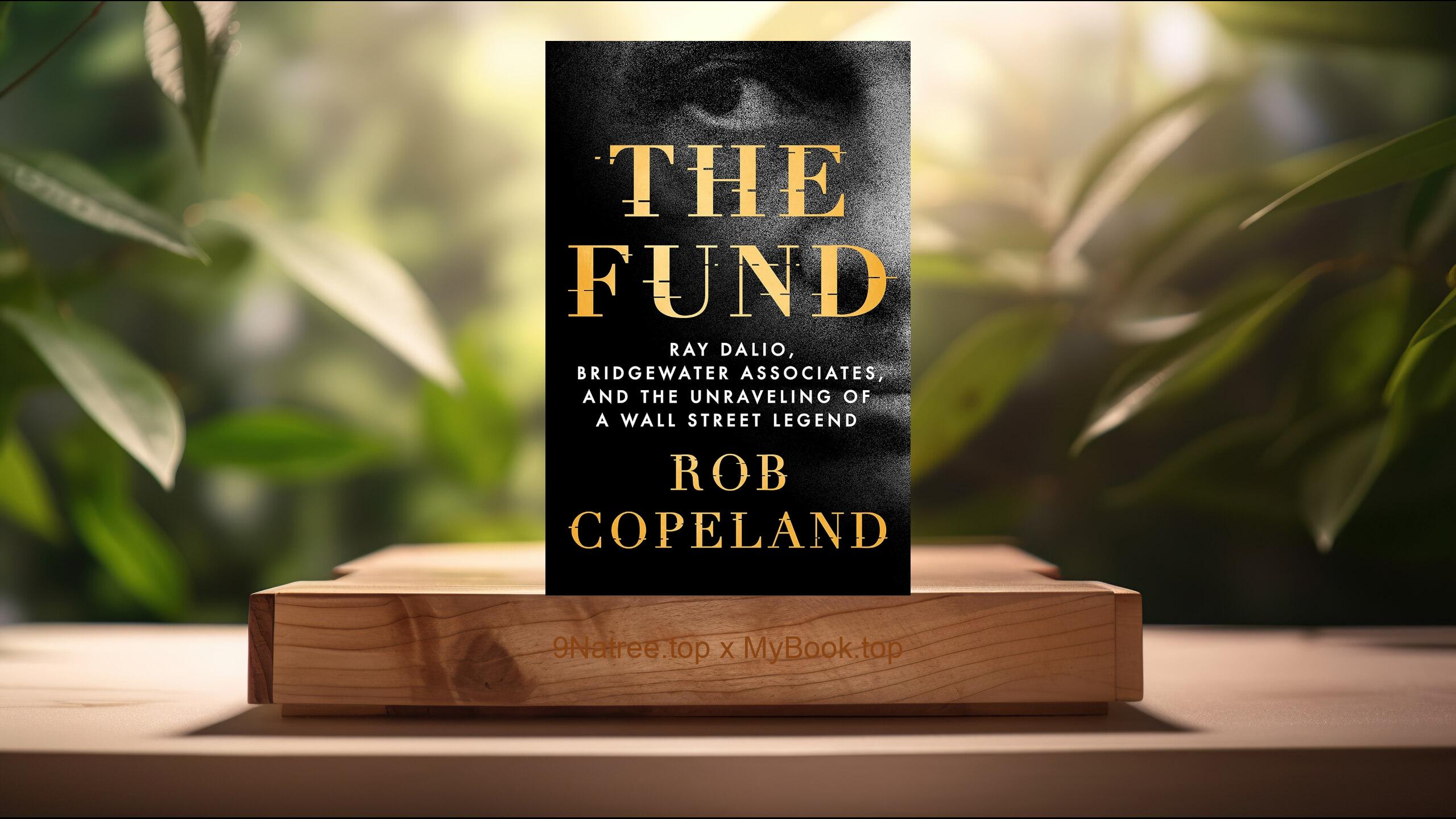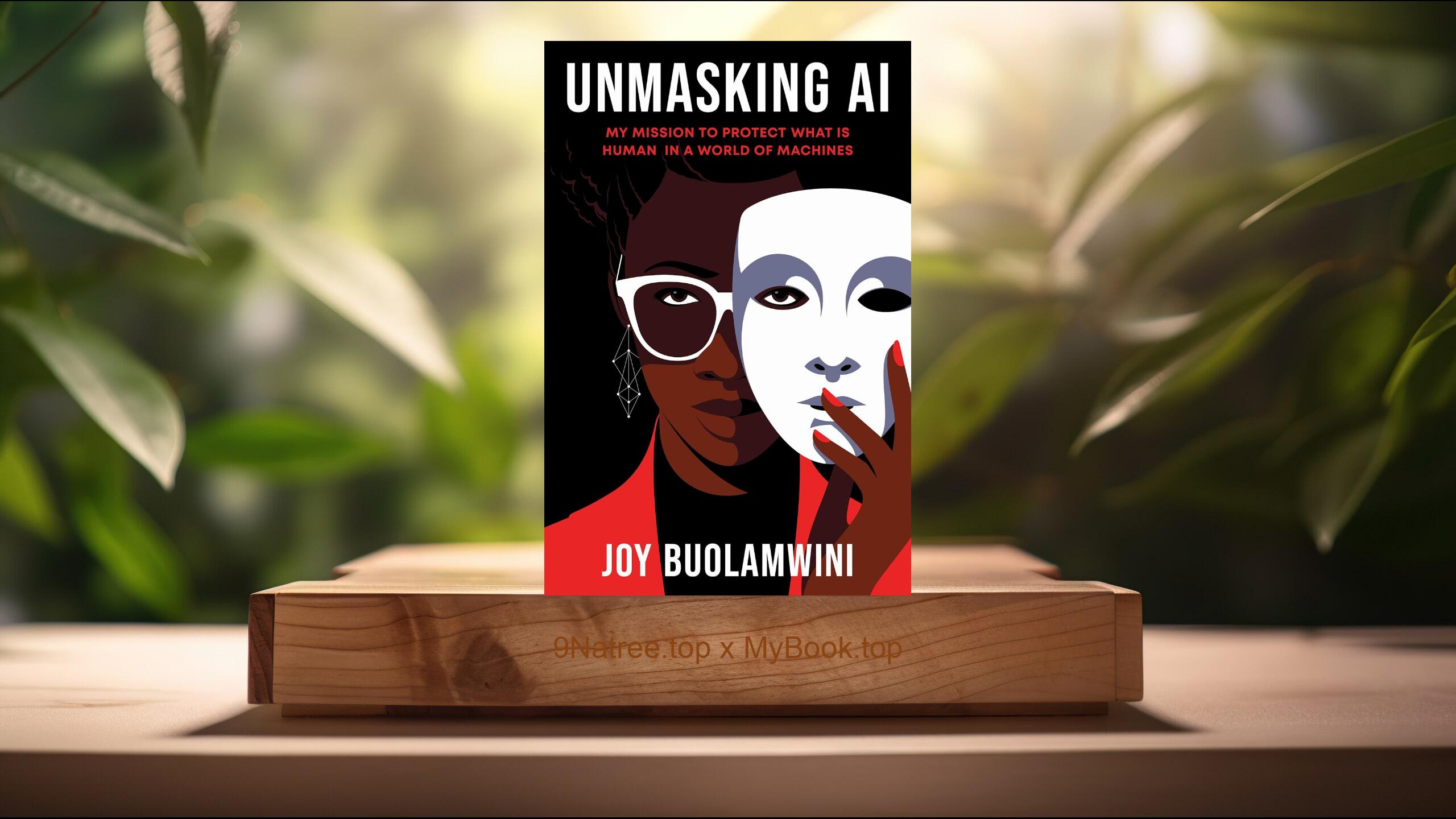Show Notes
- Amazon USA Store: https://www.amazon.com/dp/B0BJ197329?tag=9natree-20
- Amazon Worldwide Store: https://global.buys.trade/End-Times-Peter-Turchin.html
- Apple Books: https://books.apple.com/us/audiobook/end-times-elites-counter-elites-and-the-path/id1649005308?itsct=books_box_link&itscg=30200&ls=1&at=1001l3bAw&ct=9natree
- eBay: https://www.ebay.com/sch/i.html?_nkw=End+Times+Peter+Turchin+&mkcid=1&mkrid=711-53200-19255-0&siteid=0&campid=5339060787&customid=9natree&toolid=10001&mkevt=1
- Read more: https://mybook.top/read/B0BJ197329/
#cliodynamics #politicaldisintegration #elitesandcounterelites #historicalcycles #societalupheaval #politicalstability #reformstrategies #EndTimes
These are takeaways from this book.
Firstly, The Concept of Cliodynamics, Cliodynamics, a term coined by Turchin himself, is a multidisciplinary area of research that treats history as a science. By applying statistical and mathematical models to historical data, cliodynamics seeks to uncover patterns and predict future trends. In 'End Times,' Turchin uses cliodynamics to analyze the rise and fall of empires, the fluctuation of economic cycles, and the evolution of social and political orders. This approach allows him to trace the roots of current political disintegration back to historical cycles of stability and crisis. The book argues that understanding these patterns is crucial for predicting and potentially mitigating future political crises. Turchin’s analysis includes an examination of population dynamics, resource distribution, and collective social behaviors, offering a comprehensive view of how societies evolve over time.
Secondly, Elites and Their Role in Societal Instability, Turchin posits that elites play a central role in the cycles of political stability and instability. According to his analysis, periods of prosperity and growth often lead to an overproduction of elites. This surplus creates competition for limited resources, resulting in internal conflicts and division. 'End Times' examines how these elite overproduction crises have manifested throughout history, from ancient civilizations to modern times, and how they contribute to the disintegration of political systems. The book explores the various strategies elites use to retain power and control over resources, including the manipulation of legal systems, economic policies, and even the orchestration of social unrest. Turchin’s examination reveals a pattern where unchecked elite competition eventually undermines societal cohesiveness, leading to periods of turmoil and transformation.
Thirdly, Counter-Elites: Catalysts for Change, Counter-elites emerge as a direct response to the monopolization of power and resources by the established elites. 'End Times' delves into the dynamics between elites and counter-elites, highlighting how the latter group often initiates significant political and social change. Turchin discusses how counter-elites harness discontent among the broader population, challenging existing power structures through revolutionary movements or political reforms. The book showcases historical instances where counter-elites have successfully redefined societal norms and redistributed power, sometimes leading to periods of renewal and progress. However, Turchin also cautions that the rise of counter-elites can precipitate further instability, especially if new forms of elite dominance emerge, repeating the cycle of disintegration and reformation.
Fourthly, The Cycle of Political Disintegration and Reformation, One of the core themes of 'End Times' is the cyclical nature of political disintegration and reformation. Turchin illustrates how historical patterns of societal breakdown are often followed by phases of rebuilding and renewal, creating a cycle that repeats over time. This cycle is driven by the interplay between elites, counter-elites, and the socio-economic forces at work within a society. Through his analysis, Turchin suggests that understanding these cycles can offer insights into managing political instability and fostering periods of reconstruction. The book provides a detailed examination of how societies have navigated these transitions in the past, including the mechanisms that enable successful recovery and the pitfalls that can lead to prolonged periods of disorder.
Lastly, Strategies for Mitigating Political Instability, In 'End Times,' Turchin does not only diagnose the causes of political disintegration but also proposes strategies for mitigating these dynamics. He argues that by understanding the historical patterns that lead to societal crises, policymakers and citizens can devise countermeasures to prevent or alleviate future instabilities. The book highlights the importance of managing elite competition, promoting equitable resource distribution, and fostering social cohesion as key strategies. Turchin advocates for reforms that limit the excesses of elite power, support the rise of constructive counter-elites, and encourage policies that promote the common good. By applying the lessons from cliodynamics, Turchin suggests that it is possible to steer societies towards more stable and equitable futures, potentially breaking the cycle of disintegration and reformation that has characterized human history.
![[Review] End Times (Peter Turchin) Summarized](https://episodes.castos.com/660078c6833215-59505987/images/2055839/c1a-085k3-mk460gg0u2w8-f8tbak.jpg)




